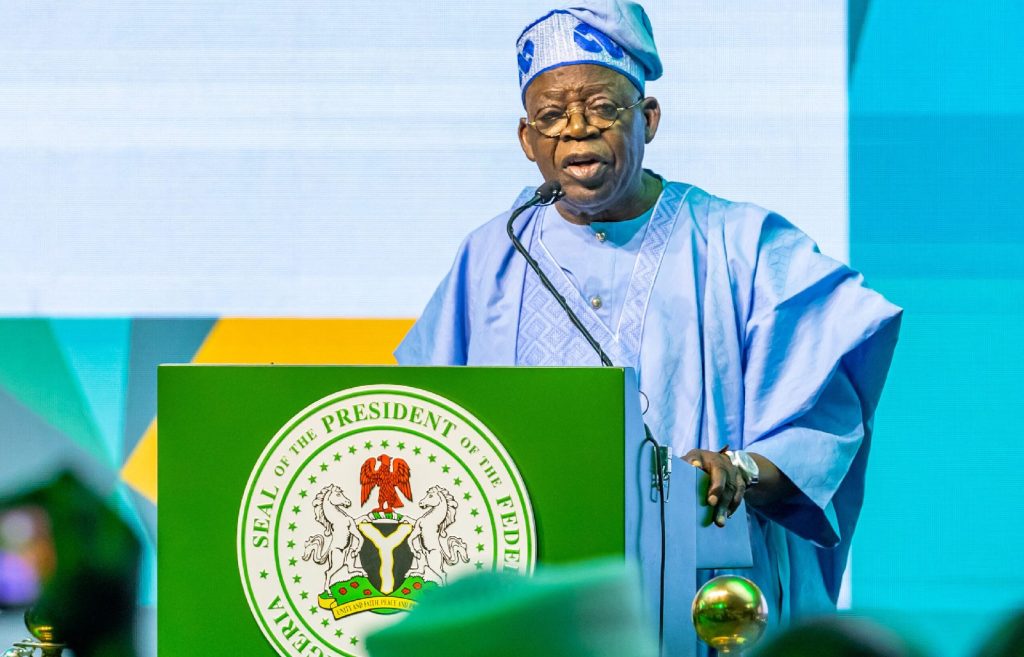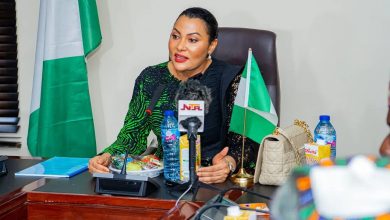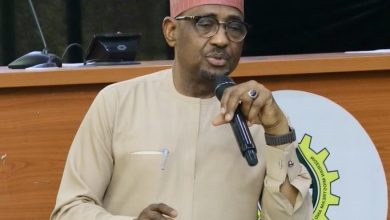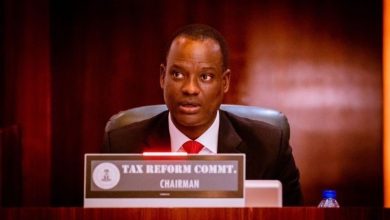Tinubu Urges African Nations to Embrace Afreximbank’s Financial System for Economic Independence
President Tinubu highlights Afreximbank’s systems as key to Africa’s economic growth and trade expansion.
He says using local currencies will lower costs, support small businesses and reduce forex reliance.
President Bola Ahmed Tinubu has called on African countries to adopt the financial systems provided by the African Export-Import Bank (Afreximbank) as a unified approach to achieving economic sustainability, promoting intra-African trade, and reducing reliance on foreign currencies. The president made this call while delivering a keynote address at the 32nd Annual Meeting of Afreximbank, held in Abuja.

Speaking to a wide audience of African leaders, financial experts, and development stakeholders, President Tinubu emphasized that aligning with Afreximbank’s financial ecosystem will significantly reduce transaction costs for African businesses, conserve scarce foreign reserves, and empower small and medium-scale enterprises (SMEs) across the continent. He underscored the importance of building a financially integrated Africa, where trade can flourish without the limitations imposed by foreign exchange dependencies.
Highlighting the achievements of Afreximbank under the leadership of its outgoing President, Professor Benedict Oramah, Tinubu commended the tremendous growth of the institution. According to the Nigerian leader, Afreximbank has expanded its financial capacity from $5 billion to more than $37 billion under Oramah’s leadership. In that time, the bank has provided over $250 billion in trade and development financing to various African economies.
President Tinubu noted that Nigeria alone has received financial support totaling over $52 billion from Afreximbank. These funds, he said, have been critical in the execution of major developmental projects such as the Dangote Refinery, the Bucha Refinery, and the African Medical Center of Excellence. These landmark projects, he added, serve as testaments to the bank’s role in accelerating industrial and healthcare transformation on the continent.
A key initiative lauded by the Nigerian president is the Pan-African Payment and Settlement System (PAPSS), which enables African countries to trade using their local currencies. President Tinubu stressed that widespread adoption of PAPSS would lessen Africa’s dependence on foreign currencies such as the U.S. dollar, help stabilize exchange rates, and create more predictable trade conditions. He urged African leaders to rally behind this system to promote genuine financial autonomy across the continent.
Further demonstrating Nigeria’s commitment to deepening regional cooperation and economic resilience, President Tinubu announced the establishment of the Africa Energy Bank, which will also be headquartered in Abuja. The bank, according to him, will focus on addressing Africa’s energy challenges and supporting clean energy projects, while also serving as a key instrument for investment mobilization across energy sectors.
On his part, Afreximbank President Professor Benedict Oramah outlined his vision for the institution’s continued growth. He said the bank remains committed to becoming a leading African financial institution characterized by sound capital management, first-class governance, and innovative financing strategies. Oramah emphasized the need for creative approaches to capitalization, particularly as African economies strive to recover from global shocks and reshape their development trajectories.
One of the major highlights of the meeting was the recognition of Professor Oramah’s contributions to African finance and development. In a ceremonial moment, the outgoing Afreximbank president was conferred with the national honour of Grand Commander of the Order of the Niger (GCON) by the Nigerian government. The award acknowledges Oramah’s distinguished service and leadership in transforming Afreximbank into a cornerstone of Africa’s financial future.
The 32nd Annual Meeting of Afreximbank not only served as a platform to reflect on the bank’s successes but also as a rallying point for greater unity, innovation, and economic integration across Africa.



